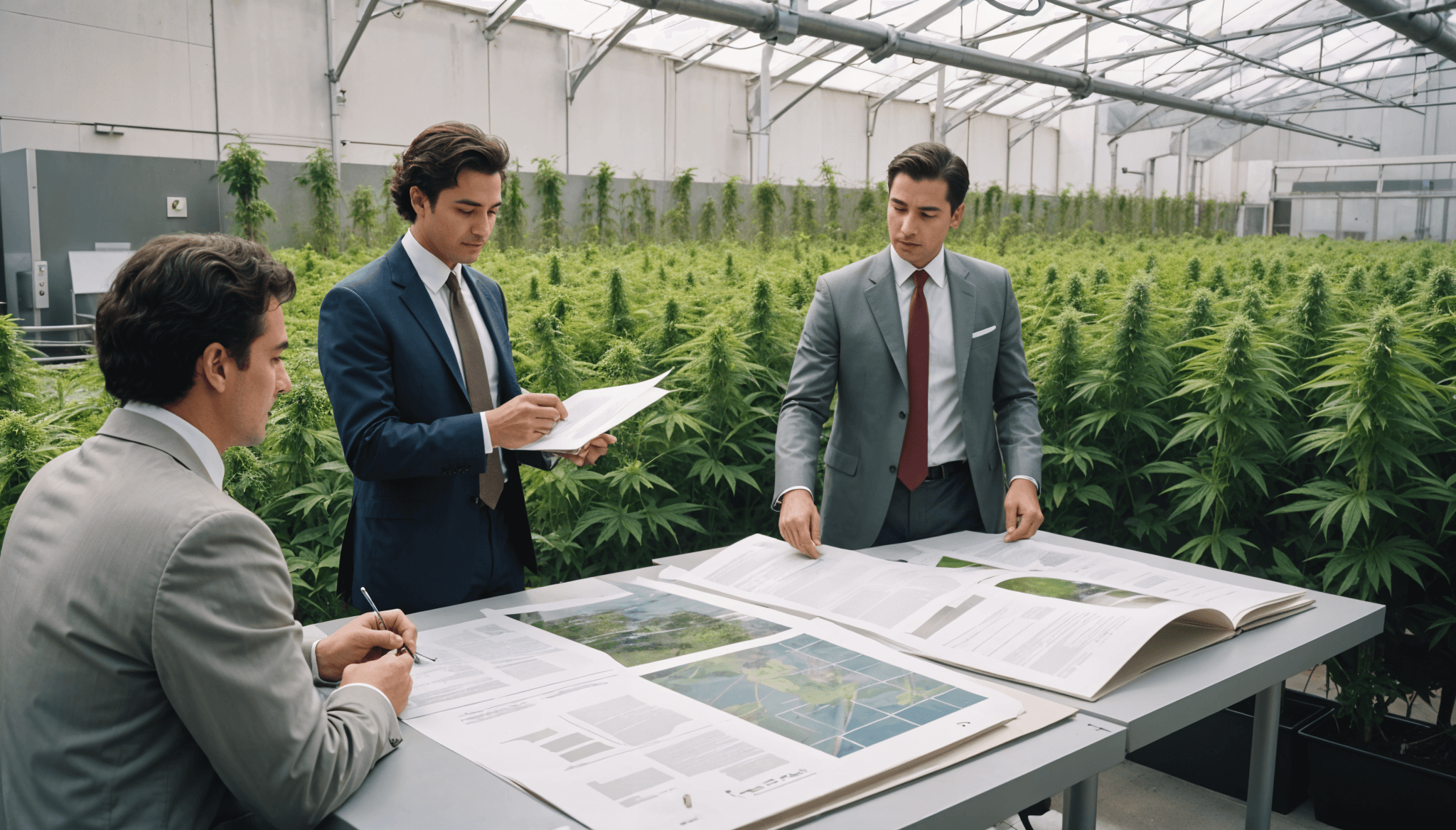The legalization of marijuana has paved the way for new industries to emerge, but it also poses significant environmental challenges. To address these concerns, New York officials have rolled out an innovative plan focusing on sustainability within the state’s burgeoning cannabis sector. This initiative aims to set energy use standards and promote environmental stewardship as key components of the industry’s development.
New environmental regulations and initiatives
The Office of Cannabis Management (OCM) recently introduced a comprehensive set of energy and environmental regulations affecting both medical marijuana and adult-use cannabis businesses. These measures are designed to minimize the adverse environmental impact while fostering economic and social sustainability. Among the many initiatives being implemented is the requirement for cannabis licensees to install energy meters, allowing them to monitor and optimize their resource consumption effectively.
Energy tracking and efficiency benchmarks
One of the crucial elements of this new strategy involves the mandatory installation of energy meters by licensees, who will track their usage through a tool called PowerScore. This system helps identify areas where greater efficiency can be achieved. The goal is establishing energy, water, and emissions consumption benchmarks, enabling businesses to operate more sustainably.
Lighting and HVAC equipment standards
In addition to monitoring energy use, OCM regulations include stringent lighting standards for horticultural systems and restrictions on refrigerant use in HVAC equipment. These standards aim to enhance energy efficiency while safeguarding the environment from harmful emissions associated with traditional systems.
Packaging and climate resiliency measures
Sustainability efforts extend beyond just energy use. Licensees are encouraged to explore sustainable packaging options to reduce waste. Furthermore, New York’s legalization law emphasizes climate resiliency measures that prioritize environmental protection. Aligning cultivation practices with these principles is a regulatory requirement and a step toward achieving long-term sustainability.
No fossil fuels for primary energy sources
To further cement its commitment to green practices, the state has prohibited using fossil fuels as a primary energy source for marijuana businesses. This move underscores the growing recognition of renewable energy’s role in creating a sustainable industry and the importance of transitioning away from environmentally damaging fossil fuels towards cleaner alternatives.
Cannabis Advisory Board’s role
The Cannabis Advisory Board plays a pivotal role in implementing and overseeing these sustainability measures. At their recent meeting, OCM officials emphasized the need for continuous progress assessment against established goals. This involves ongoing collaboration between regulators and industry stakeholders to ensure the effective integration of sustainability practices.
Timeline for compliance
Growers must submit their sustainability plans to state officials within a year. The rollout of the PowerScore tool next month marks a significant milestone in this process, helping growers balance energy efficiency with cost considerations. Maintaining competitiveness against illicit sales remains a priority, firmly rooting these regulations in practicality and ambition.
Sustainability is increasingly viewed as essential to future marijuana research projects. Licensees are encouraged to adopt efficient cultivation practices and sustainable packaging solutions that align with climate justice and economic development principles. Through these concerted efforts, New York aims to lead by example and demonstrate how the cannabis industry can thrive responsibly and sustainably.





